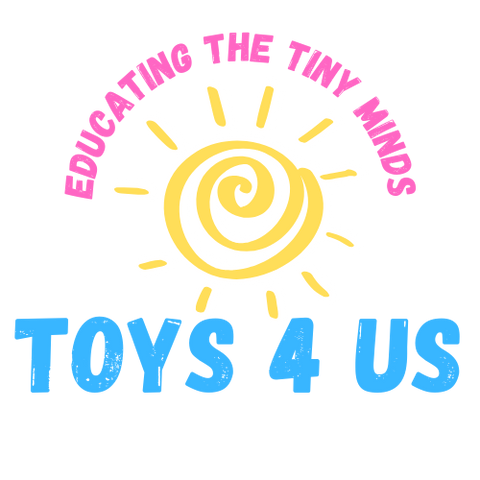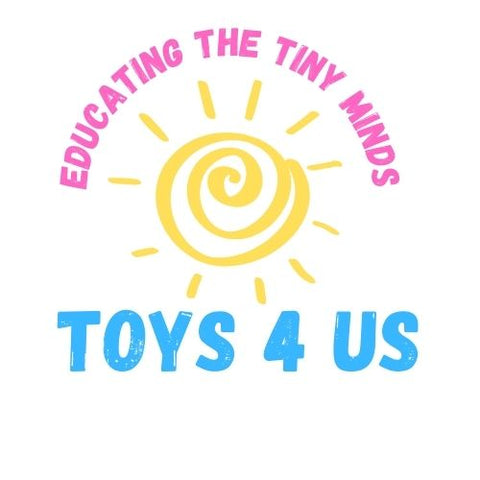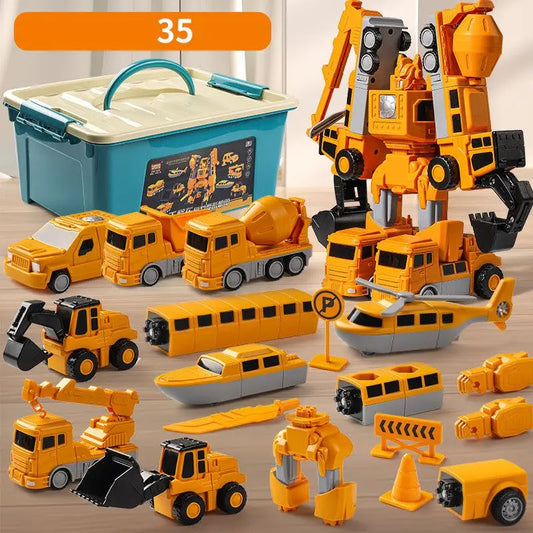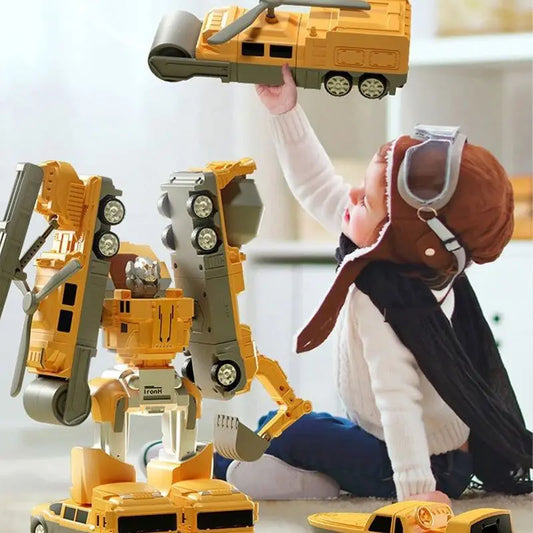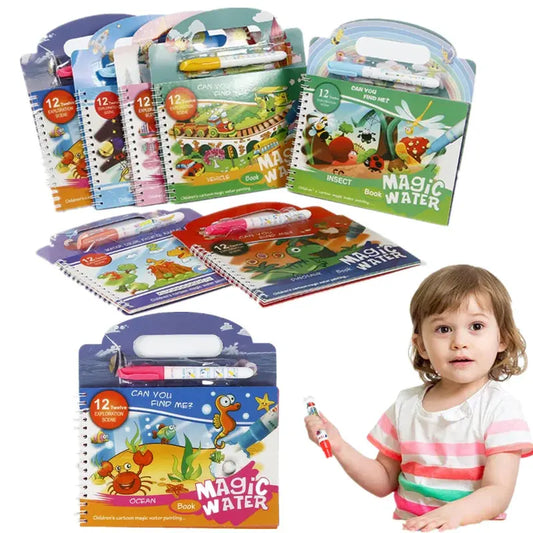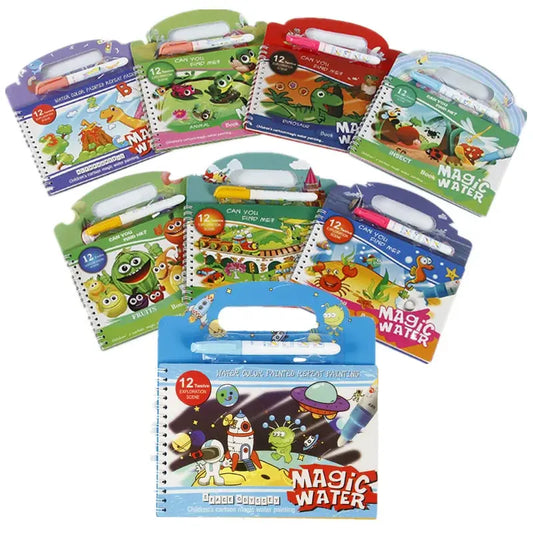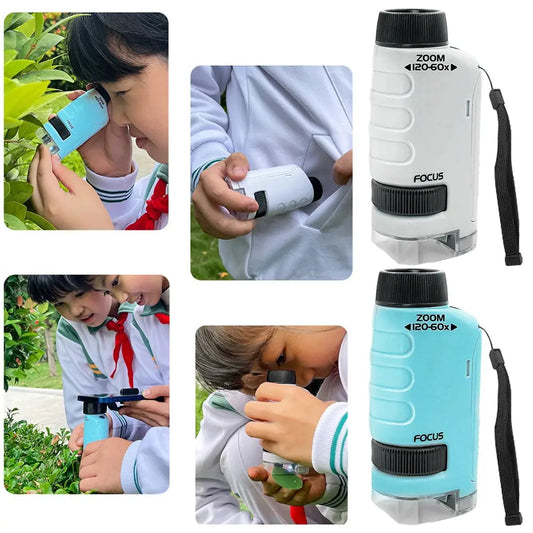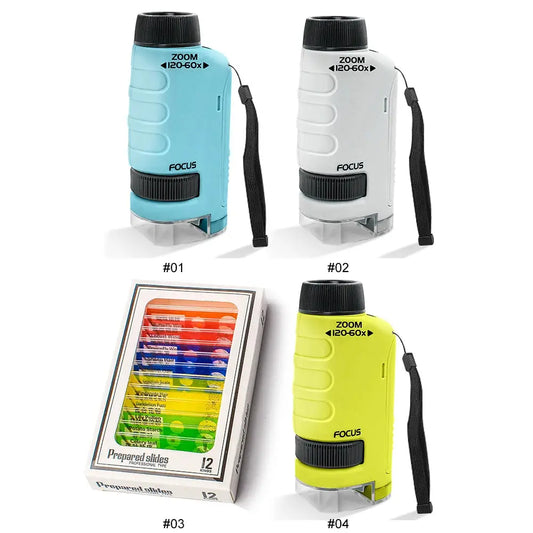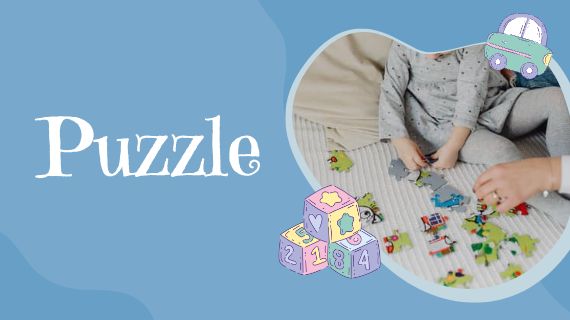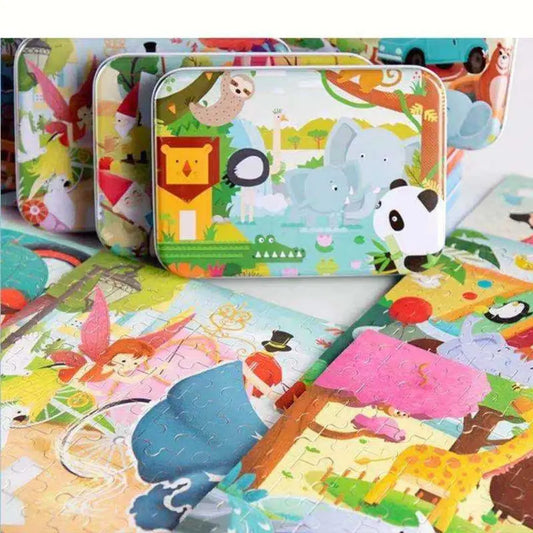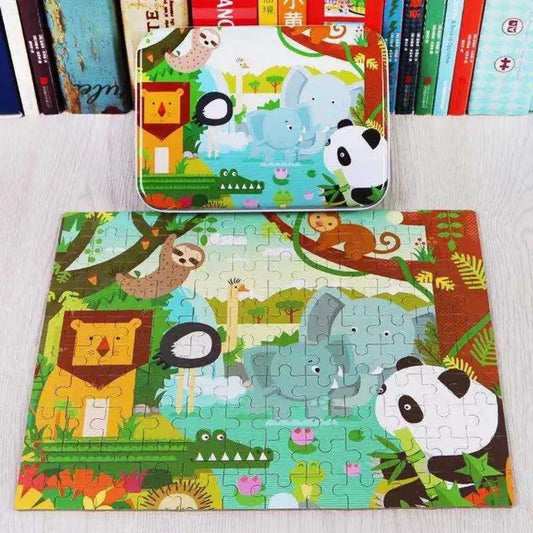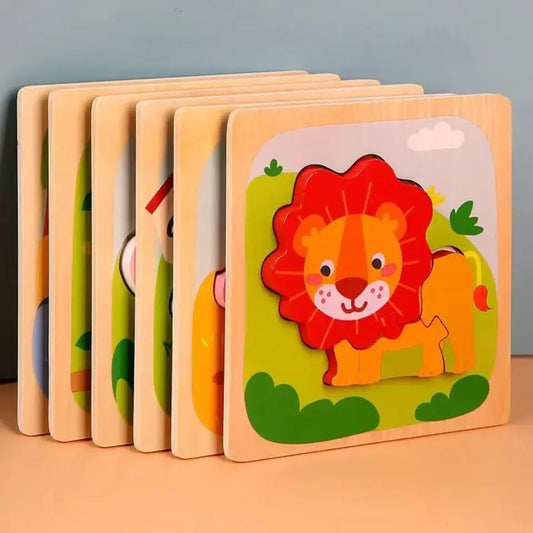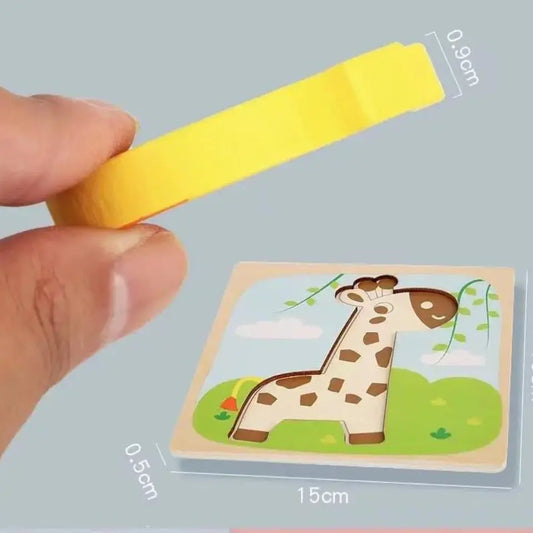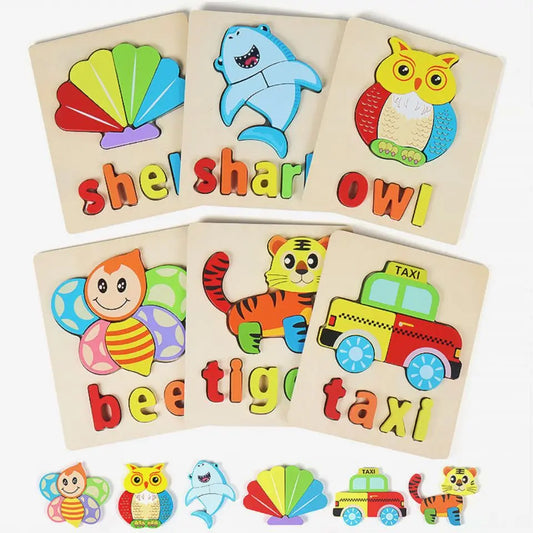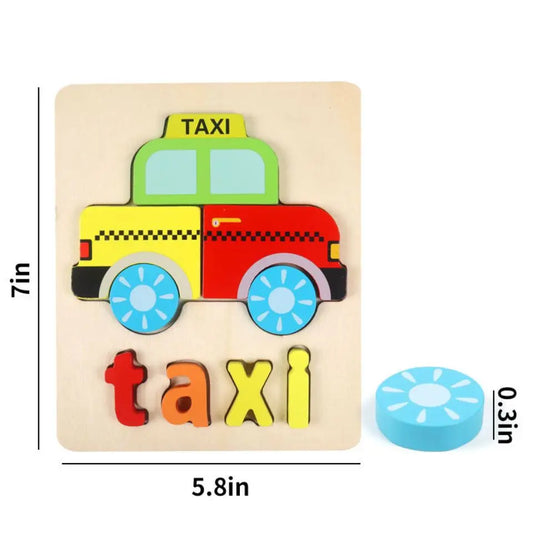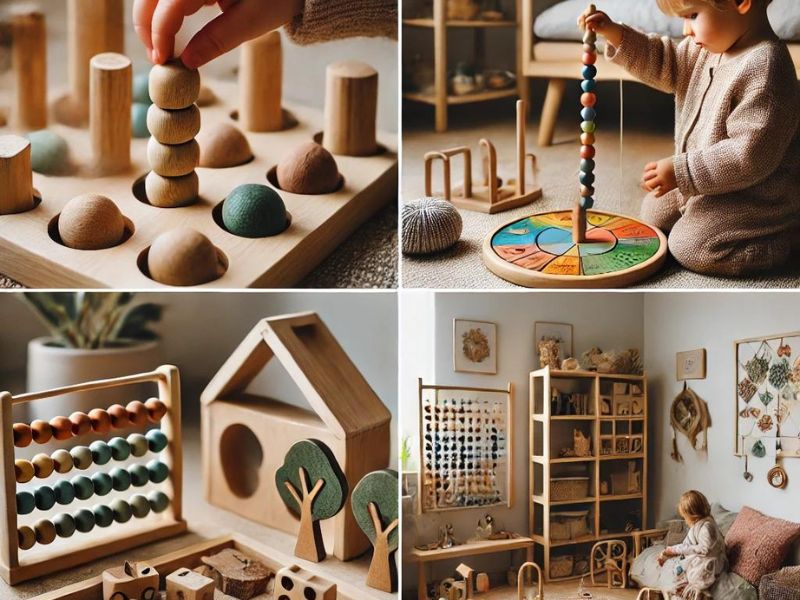The Benefits of Montessori Toys for Early Learning in Australia، Montessori toys are becoming increasingly popular among parents and educators in Australia, thanks to their focus on hands-on learning and child development. These toys, designed according to the Montessori method, encourage children to explore and learn at their own pace, using natural materials and simple designs. This Guide to Montessori Toys in Australia will help you understand how these toys can contribute to your child’s early learning. With a wide range of Montessori Toys Australia offers, parents are looking for the best options to support their children’s growth in areas like problem-solving, creativity, and independence.
The beauty of Montessori toys lies in their simplicity and purpose. They are crafted to stimulate a child’s natural curiosity and allow them to build important skills through play. From wooden puzzles that enhance fine motor skills to stacking toys that teach balance and coordination, these toys serve an educational purpose beyond just keeping children entertained. Many parents are choosing Montessori toys for their homes because they align with the values of fostering independence, concentration, and creativity in young children. In this article, we will explore the specific benefits that Montessori toys bring to early childhood development in Australia, helping you understand why they are such a valuable tool in your child’s learning journey.
1. Development of Fine Motor Skills
One of the primary benefits of Montessori toys is their ability to enhance fine motor skills in young children. Fine motor skills refer to the control of small muscles in the hands and fingers, which are essential for tasks such as writing, drawing, and manipulating objects.
Many Montessori toys, such as stacking rings, pegboards, and threading beads, are designed specifically to target these skills. These activities require precise hand movements, which gradually improve a child’s dexterity, hand-eye coordination, and the ability to grasp and manipulate objects.
Key examples of Montessori toys that promote fine motor skills include:
- Wooden puzzles with large, easy-to-handle pieces.
- Pegboards for inserting pegs into holes.
- Threading beads to practice grasping and threading actions.
- Stacking toys that help children understand balance while improving motor control.

2. Encouraging Independent Play
Another significant advantage of Montessori toys is their ability to promote independent play. Montessori education encourages children to explore and learn on their own, without constant adult supervision or guidance. By doing so, children become more self-reliant, confident, and capable of making decisions for themselves.
Montessori toys are designed to be simple and intuitive, allowing children to understand how to use them without the need for detailed instructions. For example, a child might experiment with a set of building blocks, figuring out how to construct structures independently. This type of play fosters creativity, problem-solving, and decision-making skills.
Some toys that encourage independent play include:
- Open-ended building blocks, where children can create structures on their own.
- Shape sorters, which encourage children to figure out how different shapes fit into corresponding holes.
- Balance boards, which promote both physical and mental independence by allowing children to discover how to maintain balance.

3. Enhancing Cognitive Development
Cognitive development is another area where Montessori toys excel. By providing opportunities for hands-on learning, these toys help children develop critical thinking, problem-solving, and concentration skills.
Unlike passive toys, which may entertain a child without requiring much thought, Montessori toys are designed to engage a child’s mind actively. For example, puzzles, sorting games, and counting beads challenge children to think, observe, and solve problems. The open-ended nature of these toys allows children to explore different solutions and approaches, fostering creativity and cognitive flexibility.
Key cognitive skills developed through Montessori toys include:
- Memory and recall, through repetitive play with toys like number rods or bead counters.
- Pattern recognition, with toys like sorting boxes and matching games.
- Problem-solving abilities, through open-ended activities such as puzzles and building sets.
4. Fostering Creativity and Imagination
Creativity and imagination are vital components of a child’s intellectual and emotional development. Montessori toys are particularly effective in encouraging imaginative play because they are often open-ended and require children to use their own ideas to engage with the materials.
For example, wooden blocks can be turned into anything a child imagines—a castle, a bridge, or a tower. The simple, minimalist design of Montessori toys allows children to fill in the gaps with their own imagination, fostering not only creativity but also cognitive skills such as symbolic thinking and abstract reasoning.
Examples of toys that nurture creativity include:
- Loose parts, such as stones, wooden pieces, or shells, which children can use in endless creative ways.
- Pretend play sets, like wooden animals, play silks, or natural materials that can represent various scenarios.
- Art materials, such as simple clay or natural-colored paints, for self-expression.

5. Promoting Emotional and Social Development
Beyond physical and cognitive skills, Montessori toys also support the emotional and social development of children. Many Montessori activities are designed for group interaction or collaborative play, teaching children the importance of sharing, cooperation, and communication.
Additionally, Montessori toys are often structured around real-life activities, such as preparing food or cleaning up, which helps children understand their role within a social environment. These toys help children learn empathy, patience, and responsibility, fostering emotional intelligence from a young age.
Toys that promote social and emotional development include:
- Practical life toys, such as toy kitchen tools or gardening sets, which mimic everyday activities.
- Collaborative puzzles, where children can work together to complete a picture or design.
- Role-playing sets, which encourage communication and teamwork.
The Importance of Montessori Toys in the Australian Context
In Australia, there is a growing recognition of the importance of early childhood education, and Montessori methods are becoming more widely accepted. Parents and educators alike are seeking out toys and tools that align with the principles of child-centered, hands-on learning. The emphasis on independence, creativity, and developmental growth offered by Montessori toys fits well within the Australian approach to early education.
Australia’s focus on sustainable living also aligns with the Montessori philosophy. Many Montessori toys are made from eco-friendly, sustainable materials, such as wood or natural fabrics, making them a responsible choice for environmentally conscious parents. This emphasis on sustainability is especially important as more Australian families become mindful of their environmental impact.
Where to Buy Montessori Toys in Australia
Australia is home to a variety of stores and online retailers that specialize in Montessori toys. Some of the best places to find high-quality, eco-friendly Montessori toys in Australia include:
- The Toys 4 Us – A popular retailer that offers a wide range of Montessori toys and learning materials for children of all ages.
- Eco Toys Australia – Specializing in environmentally friendly toys, Eco Toys offers a variety of Montessori-inspired options for sustainable play.
- The Wooden Toy Co. – Known for its handcrafted wooden toys, this store provides high-quality, durable Montessori toys that focus on creativity and skill development.
- My Happy Helpers – Offering a variety of educational toys, this store provides Montessori-inspired learning tools that help support early childhood development.
Conclusion
Montessori toys provide a unique and enriching approach to early learning, offering benefits that go far beyond simple entertainment. They are specifically designed to promote the development of fine motor skills, cognitive abilities, creativity, and independence in children. For parents and educators in Australia, incorporating Montessori toys into a child’s learning environment can create a strong foundation for future learning, emotional development, and social skills.
The demand for Montessori toys in Australia reflects a growing awareness of the importance of quality, child-centered education. By selecting toys that are designed to align with Montessori principles, parents can foster an environment that encourages children to explore, learn, and grow at their own pace. Whether at home or in an educational setting, Montessori toys are an invaluable tool for supporting early childhood development.
